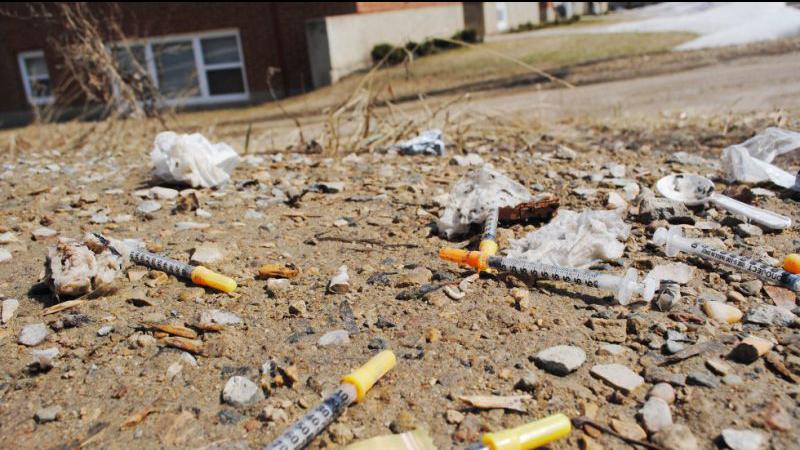
Local lawyer hopes for more decriminalization efforts in Saskatchewan
In a move applauded by harm reduction experts, British Columbia will soon decriminalize possession of small amounts of illegal drugs. The Canadian government has allowed British Columbia to try an experiment of a limit of 2.5 grams for the next three years.
People with that amount of drugs won’t be arrested or charged for them, which many advocates say is helpful. However, it may be a step too short to solve the major problems of overdoses and gang violence.
“I think it’s an excellent first step,” said Julia Quigley, a staff lawyer in the Prince Albert Legal Aid office. “I think that there’s a lot more work to be done. Some key points there, people are saying the 2.5-gram cap is too low. What it does is potentially create more danger in that in order to remain under the cap, people might need to go out and get more batches of drugs to stay under the limit at any given time.”
One of the biggest problems posed by illicit drugs, especially in Saskatchewan, is the overdoses they cause. The lower limits on legal drugs in British Columbia do not, according to Quigley, do much to prevent overdoses on their own.


